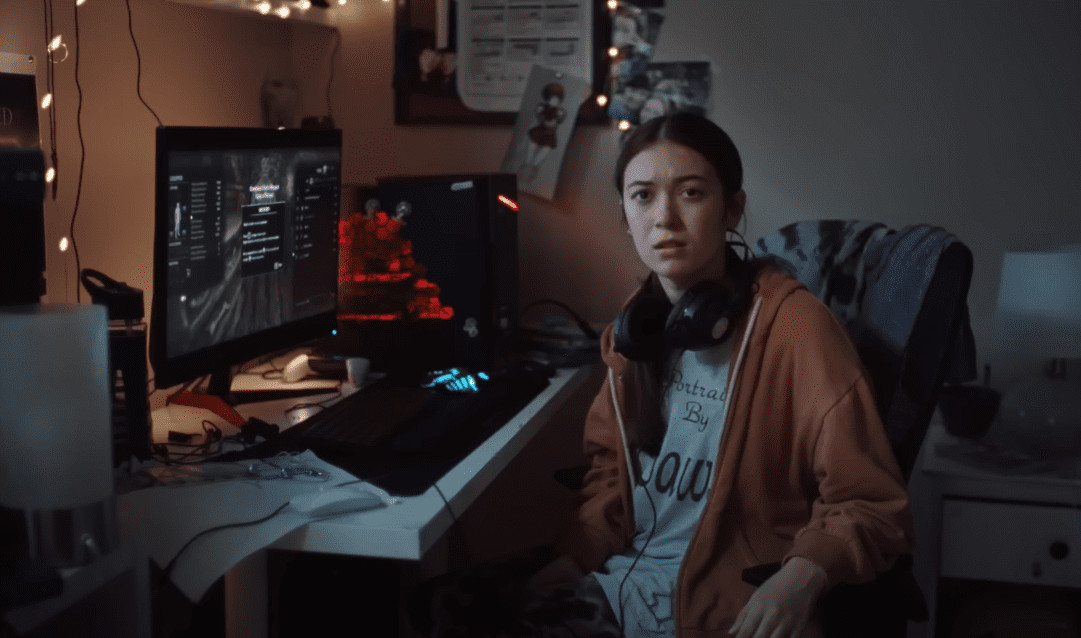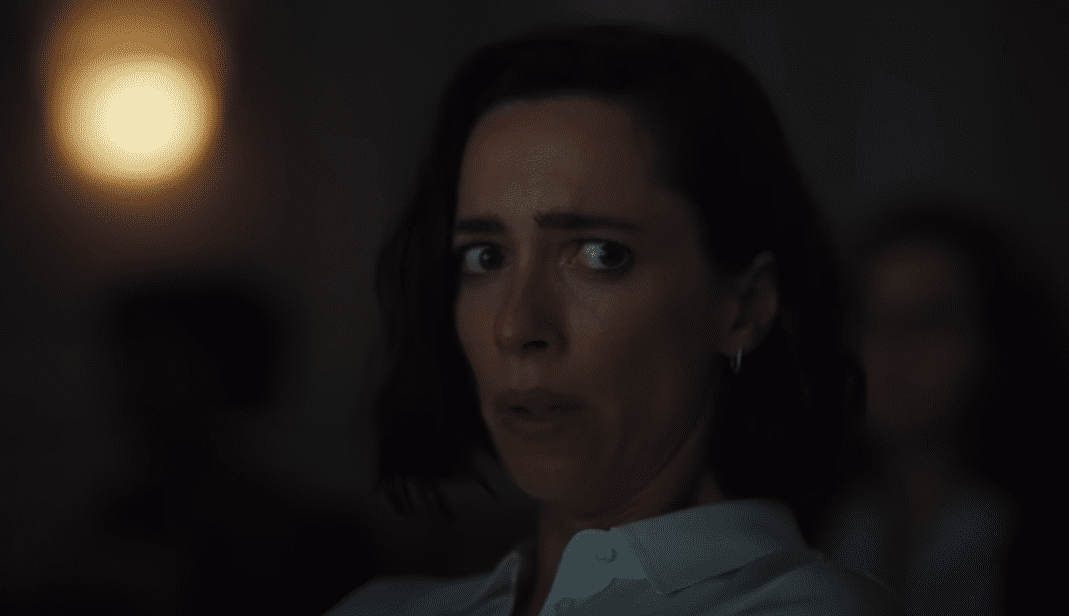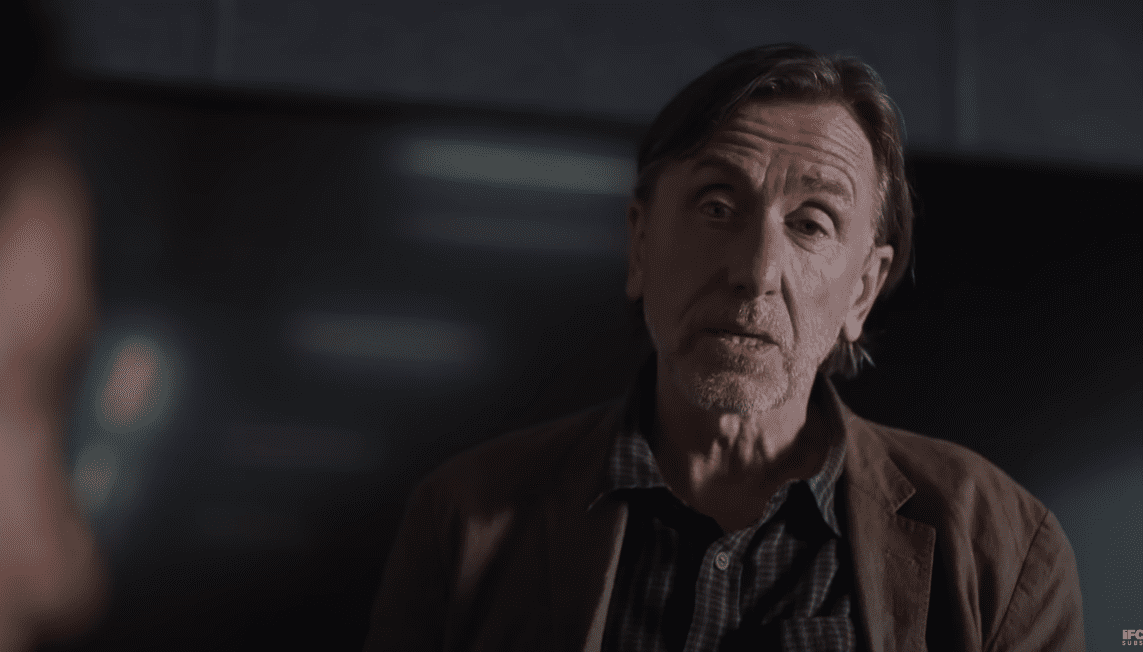Prior to the loaf in the baker, “Resurrection” presents it very open forth as a psychological thriller. No, really—even most horror fans’ parents will be bothered by the fried infant in the oven. With regard to the opening sequence of his iconic film, “the C-section,” screenwriter and director Andrew Semans comments, “If that doesn’t strike you in the core of your abdomen, we missed somewhere up.” Rebecca Hall plays Margaret in “Resurrection,” a professional single mother with a highly structured life who is incredibly protective of her college-bound daughter.
However, Margaret’s heart breaks the day suddenly when she runs into David (Tim Roth), a more senior member of the horrific experience she had tried to leave behind.”This all occurs at a time in Margaret’s life when her talents as a parent and her capabilities are most fragile. You’re pushed to reflect and question yourselves, “Have I done a decent responsibility as a parent?” in this circumstance. Did I effectively prepare my kid for such a life?’ ” queries Semans, who only recently experienced parenthood for the very first time.
You’ll have to watch until the final conclusion of “Resurrection” before it takes you on a voyage you didn’t anticipate. Rebecca Hall does a fantastic job of portraying a mother who has experienced trauma earlier. Your backbone will tingle at Tim Roth’s insane lover’s grin. The beginning of the movie finds Margaret carefully observing a teenage girl’s interaction with her generally callous boyfriend before referring to him as a hound.
Also Read: A Clockwork Orange Ending Explained: Did The Ludovico Method Work & Alex Recovered?
What Is Resurrection All About? What Happens Next? – Story
Starring as Margaret is accomplished executive Rebecca Hall, for whom life appears to be as well-organized as her neatly polished professional clothes. She lives in a stylish flat with her dutiful daughter Abbie, who is 18 years old. But her romantic life is divided into discrete areas because she has obtained a trustworthy fuck partner in Peter, a Michael Esper-portrayed emotionally distant colleague. Once the history she left in the past crashes against her today, all of her achievements are put in jeopardy.
Tim Roth, a curtly attractive 60-year-old British guy, plays David, a sudden intrusion into Margaret’s life that is intensely uncomfortable to bear. She will keep her true feelings about David’s appearance a mystery from her child, her partner, as well as the cops. It’s a tale of cannibal slaughter, oppressive domination, and intimate partner violence. Who could really accept her story? A gory voiceover said that Margaret had once been in a romance with an elderly man whose adore was everything she wanted.
Even if it meant performing household or subjecting herself to shame, enslavement, and self-harm as “small acts of kindness.” She was forced into stressful situations, burning with smoke, and under strain to devote her life to David. Soon her baby Ben arrived, which gave her delight but made David envious. David consumes their infant, doing the unimaginable and impossible, to hold Margaret closer. But he insisted the child constantly resides inside him, weeping for his mommy.
A mother who had suddenly fled after she genuinely assumed Ben is gone, both at the time and so now, 22 years later, until he surfaced. David calmly attempts to take back control around Margaret above a drink of tea by maintaining, “He’s still with us, just inside me. Continues to suffer.” Margaret starts to worry that this strange allegation is accurate and also that her child, who she believed had been deceased for almost twenty years, continues to be a newborn, yet in some way nestling in his dad’s intestines.
Also Read: The Expecting Ending Explained: Where Pregnancy Turns Into A Nightmare
Resurrection Ending Explained – What Happened In The Hotel Room- How It Ended?
The depiction of dehumanizing an abusive partner for most of the film is indisputably true, but the conclusion is really strange. The conclusion then comes directly at you with a huge wave of suspense. So let’s open it up. Margaret has often claimed all across the film that David had eaten their son Benjamin and also that Benjamin now resides somewhere inside David. Ben is struggling cause Margaret deserted him, and he continues to tell her. He even succeeds in persuading Margaret around one moment that she’s able to sense Ben’s crying. Margaret has no alternative but to kill David in order to put a stop to her pain.
Given that he is shadowing Margaret, similar to Max Cady in The Cape Fear, who is on the borderline but unwillingly in Margaret’s personal space, she is unable to have him jailed. Why is it she can’t just kill him? David claims that Ben will perish together with him if she kills him. She thus has no choice but to address him now that Abbie is gone. Abbie gets a note from Margaret outlining her connection with David as well as a short video from her expressing how far she values the moments she spent with Abbie. She then heads to the apartment where David is staying.
He starts out by convincing Margaret to believe Ben is still inside of him. Her responses suggest that she is succumbing to the trick. She then clarifies that David must be removed from the situation because Ben has to be held. She then strikes him by removing the blades she had glued to her skin prior to her entering the room. Margaret actually dives into his guts and takes out a truly genuine baby upon slashing him in the stomach and ripping off his ankle. Then the action jumps to the actual date Abbie is departing. Margaret, who now is carrying Benjamin, greets her. She should hold the infant for a little while, Margaret instructs.

Also Read: Nocebo Ending Explained: The Unsettling Closure
Abbie accepts this and shows gratitude to the woman for maintaining order. Margaret is then dolly-zoomed in when the picture switches to her. She glances at Abbie, carrying Benjamin with a smile on her face. However, as the lens creeps nearer, Margaret grows increasingly alarmed. Eventually, she gasps. The movie comes to an end there.
The Questions That Still Stand & Assumptions
This might be interpreted from a variety of perspectives, as can the closing scene, which depicts a peaceful family contentment ruptured by fear. One may certainly take the climax simply: In order to affection for her child with Abbie and their new lover Peter, Margaret removes her kid from David’s womb and carries him home. It’s a moment of tranquility that a lady who has experienced torture surely deserves, but the concluding image, in which Margaret’s attitude changes to one of horror, shows that her tragedy won’t be forgotten.
Then there is the issue of how, if someone did see the dismembered body in the hotel suite, no one brought any accusations, even against a woman who had done it, despite how logical… Or, the most straightforward answer is that this is the product of Margaret’s brain. There is simply no question she could have slain David or extracted a child from him, or if she has slain him, then. There is absolutely no chance Abbie could have returned, trauma-free from what Margaret had done to her, and be appropriately saying farewell to her mother. What is happening then?

Perhaps, after her gut-wrenching struggle with David, perhaps Margaret’s awareness has receded to the furthest region of her brain. Or she might have been admitted to a mental health facility due to her illness, where she is currently making all of this up. In any case, it appears like she is starting to understand exactly what she has done, which is why the surprise. The ultimate breath, however, is the horrifying entry of truth. It’s possible that the ending is one continuous split from actuality, the consequence of Margaret’s brain breaking to the extent wherein she assumes something that is so outlandish and amazing occurring.
If this is the fact, though, when exactly does the separation from reality occur? Is it prior to her meeting David? After having killed him? And also, why, in any event, could she picture herself working together with Peter, whom she had before considered being a colleague with advantages? There is a lot to understand, and that climactic moment may irritate those who are looking to find something more conclusive, but Resurrection most definitely lived up to the anticipation.
Also Read: Hello Neighbour 2 Ending Explained: Did Mr. Peterson Get Caught? How does The Sequel end?





